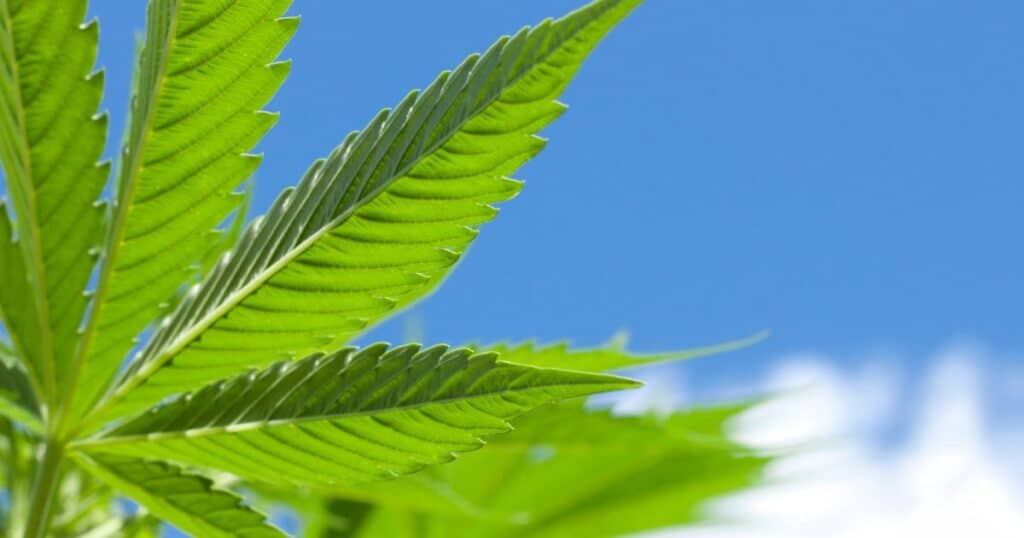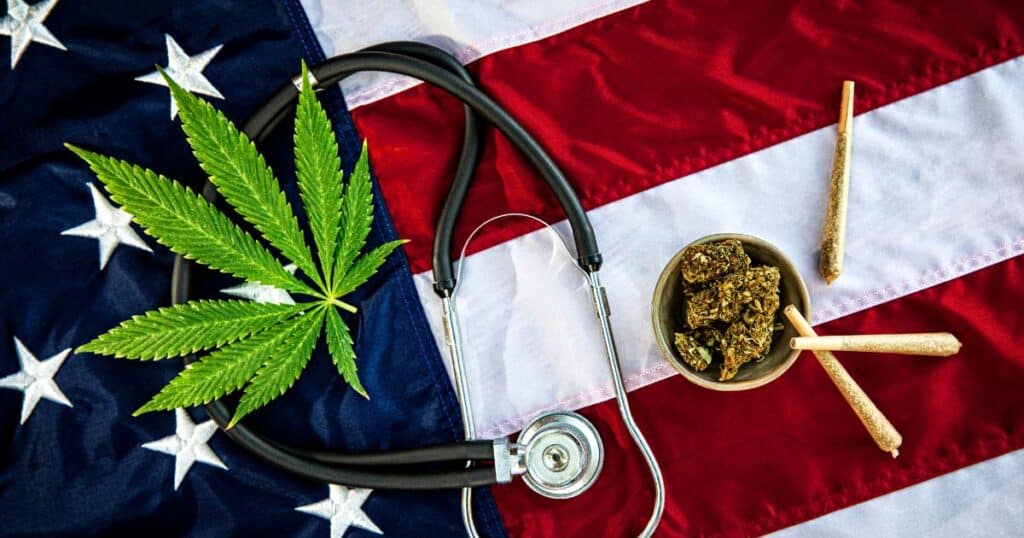Ohio has recently embraced recreational marijuana, generating a wave of excitement and curiosity. However, it’s essential for veterans who rely on the U.S. Department of Veterans Affairs (VA) for their medical care to be aware of a critical point. Last week, the VA Cincinnati Health Care issued a notice clarifying that, despite Ohio’s legalization, cannabis remains classified as a Schedule I Controlled Substance under federal law.
This designation implies that marijuana is still illegal at the federal level. Therefore, as long as the Food and Drug Administration upholds this Schedule I status, VA healthcare providers are still unable to recommend or assist veterans in obtaining marijuana.

Federal Government and VA’s Current Stance on Cannabis Use
Cannabis is currently classified as a Schedule I Controlled Substance under federal law. This classification applies to substances that have a high potential for abuse and no accepted medical use. Consequently, marijuana remains illegal at the federal level, regardless of state laws that might permit its use for medical or recreational purposes.
Ohio is the most recent state to open its door to recreational marijuana, making it accessible to adults over the age of 21. Dispensaries have started to open, offering a variety of cannabis products to consumers.
For veterans, it’s essential to recognize that, according to the VA, federal laws supersede state laws regarding VA policies. This means that despite Ohio legalizing marijuana, the VA must follow federal regulations, which prohibit its use and recommendation.
The VA outlines rules about marijuana and what veterans need to know via their website:
- Veterans will not be denied VA benefits because of marijuana use.
- Veterans are encouraged to discuss marijuana use with their VA providers.
- VA health care providers will record marijuana use in the Veteran’s VA medical record in order to have the information available in treatment planning. As with all clinical information, this is part of the confidential medical record and protected under patient privacy and confidentiality laws and regulations.
- VA clinicians may not recommend medical marijuana.
- VA clinicians may only prescribe medications that have been approved by the U.S. Food and Drug Administration (FDA) for medical use. At present most products containing tetrahydrocannabinol (THC), cannabidiol (CBD), or other cannabinoids are not approved for this purpose by the FDA.
- VA clinicians may not complete paperwork/forms required for Veteran patients to participate in state-approved marijuana programs.
- VA pharmacies may not fill prescriptions for medical marijuana.
- VA will not pay for medical marijuana prescriptions from any source.
- VA scientists may conduct research on marijuana benefits and risks, and potential for abuse, under regulatory approval.
- The use or possession of marijuana is prohibited at all VA medical centers, locations and grounds. When you are on VA grounds it is federal law that is in force, not the laws of the state.
- Veterans who are VA employees are subject to drug testing under the terms of employment.
Potential Federal Changes of Marijuana On the Horizon?
There has been ongoing discussion about the potential reclassification of marijuana to a Schedule III drug. The public comment period has already ended, with the vast majority in favor of rescheduling. However, many argue for completely removing it from the CSA altogether, aligning its legal status with that of alcohol and tobacco.
Currently, lawmakers are proposing legislation called the Cannabis Administration and Opportunity Act (CAOA), which aims to remove marijuana from the CSA and end prohibition altogether. This could mark a significant shift in the legal landscape surrounding cannabis use.
Should the federal government choose to reschedule marijuana rather than fully deschedule it, as many advocates hope, it would at least signify the first acknowledgment by the federal government of cannabis’s medicinal benefits and its lower potential for abuse compared to other Schedule I substances. This reclassification could open avenues for VA doctors to recommend medical marijuana to their patients.
Recently, the Senate Appropriations Committee urged the VA to explore medical marijuana as an alternative to opioids for veterans. They also requested the agency to consider allowing VA doctors to formally recommend cannabis to patients in light of the Biden administration’s rescheduling push. These developments indicate a growing recognition of marijuana’s potential medical benefits for veterans.
Navigating the complexities of federal and state marijuana laws can be challenging for veterans, especially with recent changes like Ohio’s legalization of recreational marijuana. The VA’s adherence to federal regulations means that, for now, VA doctors still cannot recommend or assist in obtaining medical marijuana. However, potential changes, including the rescheduling of marijuana and legislative amendments, hint at a future where veterans may have more options available to them.
















